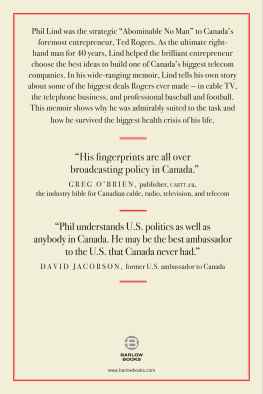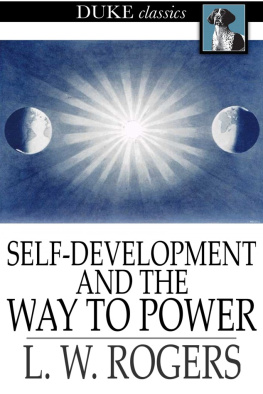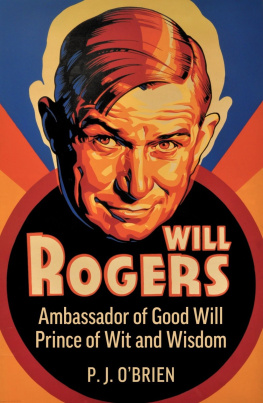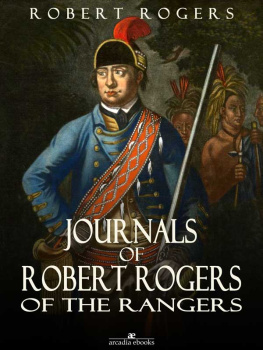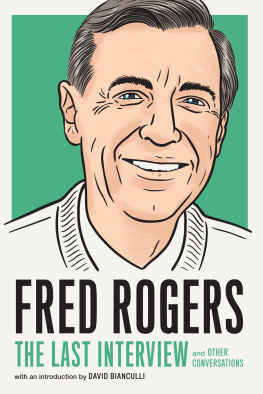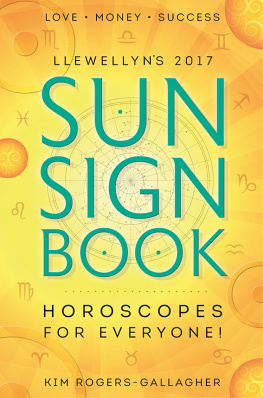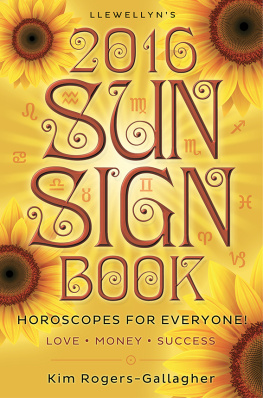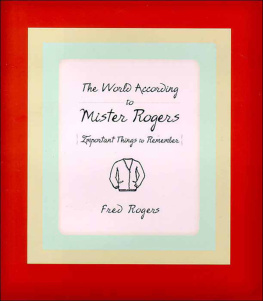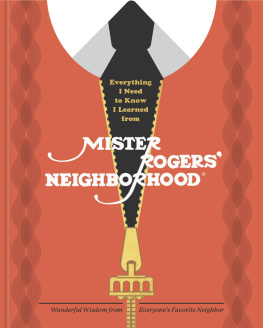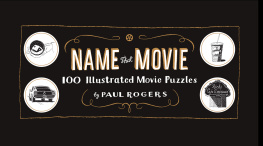MAKE YOUR OWN RULES
a renegade guide to unconventional success
WAYNE ROGERS
WITH JOSH YOUNG

Bulk discounts available. For details visit: www.amacombooks.org/go/specialsales
Or contact special sales:
Phone: 800-250-5308 E-mail: specialsls@amanet.org
View all the AMACOM titles at: www.amacombooks.org
This publication is designed to provide accurate and authoritative information in regard to the subject matter covered. It is sold with the understanding that the publisher is not engaged in rendering legal, accounting, or other professional service. If legal advice or other expert assistance is required, the services of a competent professional person should be sought.
Library of Congress Cataloging-in-Publication Data
Rogers, Wayne, 1933
Make your own rules : a renegade guide to unconventional success / Wayne Rogers with Josh Young.
p. cm.
Includes index.
ISBN-13: 978-0-8144-1657-0 (hardcover)
ISBN-10: 0-8144-1657-8 (hardcover)
1. Rogers, Wayne, 19332. BusinessmenUnited StatesBiography. 3. Success in business. I. Young, Josh (Joshua D.) II. Title.
HC102.5.R562A3 2011
650.1dc22
2010039002
2011 Wayne Rogers and Josh Young
All rights reserved.
Printed in the United States of America.
This publication may not be reproduced, stored in a retrieval system, or transmitted in whole or in part, in any form or by any means, electronic, mechanical, photocopying, recording, or otherwise, without the prior written permission of AMACOM, a division of American Management Association, 1601 Broadway, New York, NY 10019.
About AMA
American Management Association ( www.amanet.org ) is a world leader in talent development, advancing the skills of individuals to drive business success. Our mission is to support the goals of individuals and organizations through a complete range of products and services, including classroom and virtual seminars, webcasts, webinars, podcasts, conferences, corporate and government solutions, business books, and research. AMAs approach to improving performance combines experiential learninglearning through doingwith opportunities for ongoing professional growth at every step of ones career journey.
Printing number
10 9 8 7 6 5 4 3 2 1
contents
dedication
This book is dedicated to all those who understand that true freedom has its basis in the trust and morality that arise from the free-market system, that equality is not liberty, and that responsible individuals operating in such a system are the essence of a civilization.
acknowledgments
The authors wish to thank the following people for helping make this book possible: our agent, Andrew Stuart, for his indefatigable support from inception through completion; Susan Valone-Gilleece, the executive administrator of Wayne M. Rogers & Co., for her tireless efforts; Ellen Kadin and Barry Richardson at AMACOM for their editorial guidance; Lew Wolff and Joe Johnston for their input on the manuscript; Alan Levenstein for the legal work; manager Joan Scott; and, of course, our wives, Amy Hirsch Rogers and Jamie Grossman Young
INTRODUCTION
a personal constitution
I ALWAYS WANTED to make my own way; maybe you feel the same way. The freedom to be your own person, to seize personal opportunity, to explore what works for youthese are the things that appealed to me, so I was destined to make my own way. But today, the volatility of the banking system, the byzantine contradiction of government regulation, and the relentless reorganization of the economy from the top down have made the business terrain far more treacherous for the individual. In this economic climate, I have found that learning to be creative, challenging convention, and seizing unexpected opportunities not only are liberating but also can make all the difference in whether you are successful.
Over the past four decades, I have been a founding shareholder in six banks, produced movies and Broadway plays, managed the finances and investments of others, and served on the boards of several companies. I have developed residential, commercial, and office real estate in five states. I have co-owned a convenience store chain, a film distribution company, a vineyard, a restaurant, and a hotel or two. I have helped turn around numerous distressed businesses, notably Kleinfeld, the largest bridal retailer in the country. Somehow, I even ended up owning a minority interest in a Major League Baseball team. And, yes, I have also acted in numerous films, television shows and series, and stage plays.
This will surprise you, but the common thread to the various businesses in which I have been involved is that I had never previously been in them. Most people would think that the lack of previous experience in a particular business would be a sure formula for failure. For example, would you hire a salesman who had never sold anything before, or, for that matter, would you retain a teacher for your school who had never before taught school? Previous experience can be valuable to someone who has chosen a career on the basis of his or her education and desire to work in a particular field. Because I didnt have a specific educational backgroundfor example, a degree in medicine or lawI was not predisposed to make choices based on that criterion. In fact, it was an advantage in that I had no rules to follow, no premade decisions, no books to tell me how to find success. This allowed me to take a creative approach rather than an administrative one.
I have also tried to avoid being part of the system, which is not the same thing as trying to change it. You dont have to be against the system to succeed; you just dont want the system to systematize you, as it were. You dont always have to be a rebel, but, at the same time, you dont want the system to turn you into an automaton. The goal is to maintain your individuality while functioning within the system.
When I went to Hollywood, one of my first jobs as an actor was in a Western where I was playing the part of a deputy sheriff. I had an immediate disagreement with the director. As the character, I had chosen to wear a round derby hat. I had invented a little story about the hat and how my father had given it to me. The director told me to get rid of the hat because I didnt look like a sheriff. I asked him what he thought a sheriff looked like. To which he replied, A ten-gallon hat, a vest, and spurs.
I see, I said, but excuse me, you dont look like a director.
What do you mean by that? he asked.
You dont have on a safari jacket, riding boots, and dark glasses. And youre not carrying a bullhorn, I said, conjuring up the clichd image of John Huston.
He just stared at me, and, before he could say anything, the cameraman led me away. This cameraman was an old-timer who had been a bi-plane wing walker in his youth, and he was about to retire from movie making.
Wayne, let me explain something to you, the cameraman said calmly, putting his arm around my shoulder. Hollywood has been here a long time. It will be here a long time after you and I are gone. Dont try to change it.
I dont want to change it, I said. I just dont want it to change me.
Beneath this story is something fundamental to the way I think. What starts in a writers mind as a blank piece of paper ultimately becomes a script. I was given the script, mostly dialogue and a brief description of the part I was to play: Jack Slade, early 30s, Deputy Sheriff. That was it. Taking this from the two-dimensional word and making this person into a living character is what actors are supposed to do. So, I invented the story about the hat, how my father loved the hat, what it meant to him and, therefore, to me. This became something that personalized the character I was playing and gave me an attitude symbolized by the hat. Its the process of taking a one-line description of a character and turning dialogue into behavior and making subtext out of text.


